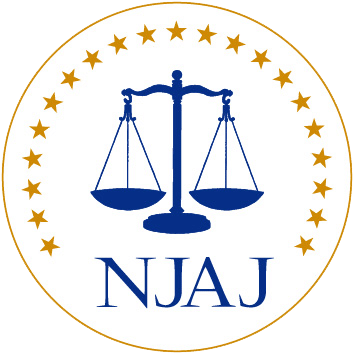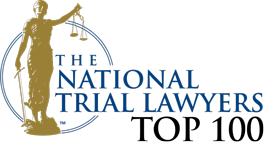Law Offices of Michael S. Williams – Proudly Serving New Jersey Residents for nearly 20 Years
Do I Really Need a Will?
Passing away without a Last Will and Testament is called Intestate. New Jersey’s intestacy rules will determine who will inherit your assets. What your loved ones think you would have wanted or what you may have told them you wanted one night at the dinner table wouldn’t matter.
Not having a Will all too often creates complications and fighting among your loved ones due to several different individuals believing they should administer your estate. This happens all too often even to the most closed knit family especially when all are still grieving. You need a plan, especially for them.
Having a Will makes the entire process incredibly easier, faster and less costly. In your Will you may direct that your Executor may serve without Bond. This means your estate does not need to be insured which could be expensive. Without a Last Will and Testament only a spouse may serve without Bond.
Why Can’t I Just Do My Own Will?
Estate planning can be complex, and it’s always a good idea to consult with an experienced attorney who specializes in estate planning to ensure your specific needs are met. Laws can vary by jurisdiction, so discussing your situation with a local professional is essential.
Do not use DIY websites. By doing your own Will you run the risk of the Surrogate’s Office and the Probate Court rejecting it. New Jersey requires certain formalities for Last Will and Testaments being approved and these rules are constantly changing.
I’m Not Sure What I Need.
That’s ok. It’s very common and what your neighbor has may not be the right thing for you. An Estate Plan is very individualized, however, a very experienced attorney has likely tackled similar issues and concerns you may have and their input is extremely valuable.
Here are some key components typically involved in estate planning in New Jersey:
- Will: A will is a legal document that outlines your wishes regarding the distribution of your assets after your death. It allows you to specify beneficiaries, name an executor to carry out your instructions, and potentially appoint guardians for minor children.
- Trusts: Trusts are legal arrangements that can be used to hold and distribute assets. They can provide benefits such as avoiding probate, minimizing estate taxes, protecting assets, and managing wealth for beneficiaries. Common types of trusts include revocable living trusts, irrevocable trusts, and special needs trusts.
- Power of Attorney: A power of attorney is a legal document that designates someone to make financial or legal decisions on your behalf if you become incapacitated. It’s important to choose a trusted person for this role.
- Healthcare Directive: A healthcare directive (also known as a living will or advance directive) allows you to outline your preferences for medical treatment and appoint a healthcare proxy to make medical decisions on your behalf if you are unable to do so.
- Beneficiary Designations: Review and update beneficiary designations on retirement accounts, life insurance policies, and other assets. These designations typically override any instructions in your will, so it’s important to keep them up to date.
- Tax Planning: New Jersey at the moment no longer has an estate tax although there is an inheritance tax. Inheritors or beneficiaries are divided into classes, based on their relationship to the decedent.Class A beneficiaries include the decedent’s spouse and lineal ancestors and decedents. There are no longer Class B beneficiaries. Class C beneficiaries are close family relatives, chiefly siblings. Class E beneficiaries are charities and governments. All other beneficiaries are Class D beneficiaries. There is no tax on amounts inherited by Class A or E beneficiaries. There is a $25,000 exemption for amounts inherited by Class C beneficiaries. The tax rate is 11% on the first $1,075,000 inherited above the exemption amount, 13% on the next $300,000, 14% on the next $300,000, and 16% on the amount above $1,700,000. Class D beneficiaries can receive $500 tax free. Inheritances above $500 are taxed at 15% of the first $700,000 inherited (with no exemption) and 16% on the amount over $700,000 (N.J.S.A. 54:34-2).
- Guardianship: If you have minor children, you may want to designate a guardian in your will to ensure their care and protection in the event of your death.
Remember, the estate planning process can be highly individualized, and the strategies and tools you choose will depend on your specific circumstances and goals. It’s always recommended to consult with an experienced estate planning attorney in New Jersey to ensure your wishes are properly documented and legally binding. Working with a qualified attorney like Michael and his team will ensure that your entire estate plan is covered in clear detail, so you no longer have to worry. Even if you don’t have a lot of money everyone in New Jersey should have an estate plan.
Call us today at 732-351-2800 or contact us online to schedule a free consultation. With offices conveniently located in Tinton Falls and New Brunswick, New Jersey we serve clients in Monmouth and Middlesex County and throughout the state.










